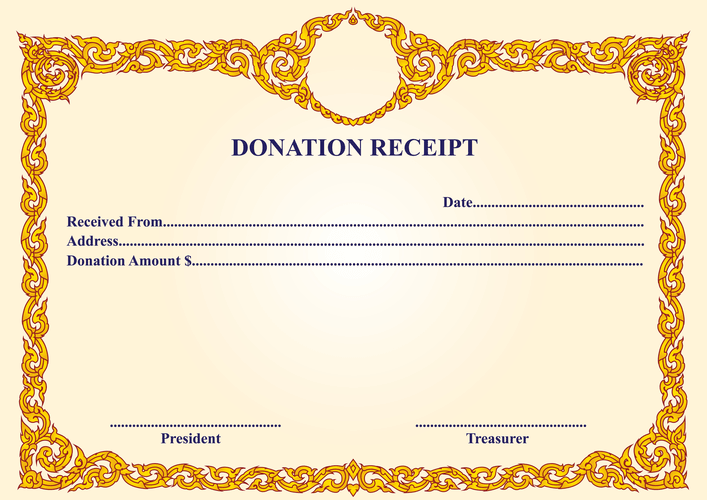How to Learn Accounting without an Accounting Background

You have a variety of options when it comes to learning about financial accounting, including in-person classes, online courses, accounting textbooks and publications, and advice from colleagues. A bookkeeping course can teach you the basic knowledge you’ll need to prepare financial reports, organize data using tools like Microsoft Excel, or understand how to balance books. Typically, single-entry bookkeeping is suitable for keeping track of cash, taxable income, and tax deductible expenses. If you’re like many busy business owners, you can’t spend hours learning the detailed ins and outs of bookkeeping. QuickBooks Online users can save time with experts who can help them streamline workflows and take care of tedious bookkeeping tasks. Courses in bookkeeping focus on the fundamentals to enhance a business owner’s or future bookkeeper’s knowledge and skills.
- Did you know that you can learn how to become a bookkeeper in less than one year with no experience?
- As a bookkeeper, you’re responsible for maintaining accurate financial records and handling all the accounting processes for a business.
- You can also view the skills level, number of lessons, length of each lesson and total course length, about the course creator, and course reviews.
- The demand for bookkeepers is also high, so you won’t be having problems getting a job or finding clients.
- Equity covers the investment or capitalization that business owners put into the business.
List of the Best Free and Paid Bookkeeping Courses
- These accounts are used to categorize all of your business’s transactions and are crucial for maintaining organized financial records.
- This list of bookkeeping courses will improve your bookkeeping performance.
- This costs approximately $8.65 per month, $85 per year, or $540 for life.
- This real-world example underscores the impact of efficient information gathering on productivity and client satisfaction.
- This Harvard Business School course explains accounting concepts and principles.
To get a jumpstart on building your financial literacy, download our free Financial Terms Cheat Sheet. Maybe you’re simply striving to understand the financial underpinnings of your organization and make a positive impact in your current position. This certificate prepares you to become a bookkeeper for public accounting, private industry, government, and nonprofit organizations. Once you have a few years of experience in bookkeeping, you might seek additional training to become an accountant or pursue another business-oriented role.

To make learning easier, faster, and more fun, the course has
- In addition to AAT and ICB, numerous online platforms, such as Alison and Coursera, offer courses that culminate in certification.
- Bookkeeping plays a pivotal role across diverse industries, including retail, healthcare, and non-profits.
- Some accounting software comes with invoicing features, like automated payment reminders, or you may opt for separate invoicing software.
- Whether you’re making a sale, paying bills, or transferring money between bank accounts, bookkeeping keeps track of every financial move.
- Our Crossword Puzzles and Word Scrambles will help you learn, review, and retain important terminology for each accounting topic in a fun way.
- It allows participants to build their competence by working on projects.
- You can choose your page design, add a profile photo, and toggle on/off the specific achievements you want to be shown publicly.
General Ledger reflects how a certain account has increased or decreased and shows the balance of the said account after all the transactions have been posted. It is very Bakery Accounting important to know the classification of your accounts so that you can record them properly in the BIR books of accounts. You must also know how these accounts are related to each other and how they increase and decrease. Aim to network during your internship and with your classmates, faculty members, and program alumni.

Financial Accounting Fundamentals
- Some tasks QuickBooks Live bookkeepers perform include providing assistance in setting up charts of accounts, categorizing transactions, reconciling accounts, preparing financial reports, and more.
- You can take any of these as standalone courses, but you’ll be best prepared to take the Intuit Academy Bookkeeping exam after you complete the full Professional Certificate.
- These courses are taught by professional Wall Street trainers who have been teaching for over twenty years.
- It’s a video-based course that includes lifetime access to course materials so you can review key concepts whenever you need to.
- The next step is to decide between single-entry and double-entry bookkeeping systems.
- However, you need to obtain certain skills and abilities to have a successful bookkeeper career.
- It’s a 6-week self-paced course that includes about five to eight hours of work each week.
Our easy online application is free, and no special documentation is required. All participants must be at least 18 years of age, proficient in English, and committed to learning and engaging with fellow participants throughout the program. Our easy online enrollment form is free, and no special documentation is required. All programs require the completion of a brief online enrollment form before payment.
Is Bookkeeping Hard? + Salary and Skills Needed!
Continuous learning emerges as a critical theme in the ever-evolving landscape of bookkeeping. By engaging in professional development and leveraging modern tools, bookkeepers can remain informed about industry trends and adeptly adapt to changes in regulations and technology. To navigate the changing landscape What is bookkeeping of financial record-keeping successfully, consider adopting a mindset of ongoing learning in bookkeeping. This approach not only enhances your expertise but also opens doors to new career opportunities, ensuring you remain a valuable asset in the accounting field. In the ever-evolving realm of bookkeeping, the necessity of continuous learning cannot be overstated. Given the rapid advancements in technology, shifting regulations, and the emergence of best practices, it is essential for bookkeepers to stay informed and adaptable.

In-person training encourages face-to-face interaction, which can make learning easier and better. But most of these courses do not need physical interaction to be how to learn bookkeeping efficient. This certification course prepares anyone interested to understand the foundation of bookkeeping.
Posted in: Bookkeeping
Leave a Comment (0) →